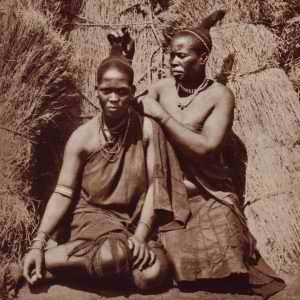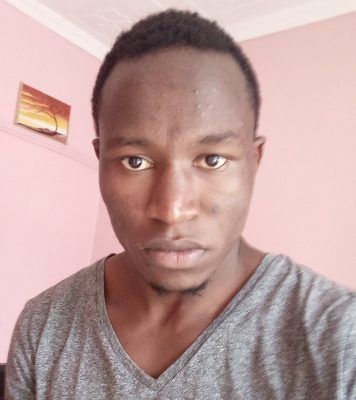[bctt tweet="When your history is written by someone else, it doesn’t really belong to you. And right now, our history as Africans belongs to Europe." username="QaziniKenya"]
There is an argument that we are a product of our past even though we are not captive to it. Whether you want it or not, your past defines who you are. You can make a conscious effort to be better and improve your present and future, but you must start by making peace with your past. The same is true for humanity and every civilization.
But Africa has a serious case of insomnia and we have forgotten our history.
Even when you read about Africa’s history, odds are that the book was written by a non-African. There is nothing wrong with this, other than the fact that it means we don’t really own our history. You see, as well-intentioned as these (mostly European) scholars might be, they cannot really understand African history. Not in the way you and I can, when we know that we are reading or writing about our forefathers. And the history of a people does not just belong in the past. It defines them. When your history is written by someone else, it doesn’t really belong to you. And right now, our history as Africans belongs to Europe.
We may think to fix that by ending Eurocentric biases in existing discourse, but a Eurocentric worldview is a natural worldview for Europeans to have. We must recognize that it carries the history of European peoples and their interactions with any other peoples they encountered outside of Europe. And to expect this worldview to be factual is to be woefully naïve. Biases play a part in every human interaction – even between civilizations. In fact, if we focus too much on correcting the errors in Eurocentric accounts of African history, we will just succeed at making African history a part of European history. A voluntary form of whitewashing – if you may.
We must not forget how African history has been told over time. And there is a reason why every military in the world has propaganda machinery. The stories you tell today will become your history in ten, twenty, one hundred years. So what happens when an entire, resource-rich continent happens to have no written history? You basically define them when you start writing their oral history. And African stories were first told in Europe with an agenda to dehumanize Africans while European slavers and later settlers treated her and her resources like plunder. How sad that that is the history we teach our children and how sad that that is the history most of us know.
We only know what our conquerors wrote about us – bits of ‘harmless’ tidbits to keep us believing that Africa was indeed the dark continent before the white men came. What an effective strategy to keep us silent and compliant! And of course, Africa would have been obscure to them, they did not live here! They did not know the land like our forefathers knew the land. Our ways were very different from their ways. We should pity them for being so dim-witted as to not recognize diversity.
But every day that passes by with the notion of Africa as the “dark continent” before white invasion floating by is a day longer we remain under conquest. If you want evidence, look no further than the fact that over 90% of African artefacts are in museums and private collections outside of Africa.
And even worse, European apologists are more resentful of this than most Africans. I doubt that even you reading this can bring yourself to care about any of this beyond a slight flash of anger. But that is exactly where the problem lies. Do you know why Europeans have such a high opinion of themselves and how racist sentiments emerge? It is essentially a playground squabble of; “my father can beat your father.” It is about ancestry and heritage. Underneath the hate and disdain, racists think they are inherently better because their ancestors outsmarted our ancestors way back in the day.
And there is no denying the fact that Africa has been the continent of plunder. From the slave trade to colonialism, and the new forms of dominance devised afterwards – Jim Crow in America and neo-colonialism in Africa – we have had a tough time in a globalized world. But to think that we are just former slaves and former conquests is a huge error. To limit African history to the last 400 hundred years is also very amiss. It is important that we remember that Africa was once home to prosperous, advanced civilizations before the curtain fell.
We need to understand and appreciate African history. We need to celebrate our legends and name our children after them. We need to know that our heroes are not just Harriet Tubman, Frederick Douglas, Kwame Nkrumah, Patrick Lumumba, and the rest. We need to look up to Mansa Musa, Princess Yennenga, Askia the Great, Idris Alloma, among hundreds of other ancient kings and queens from Africa’s golden age. And even as we join hands with our fellows from America in asserting Black Lives Matter, here is something to think about: all black people share the same fate. We are all afforded the same level of respect and regard in the Eurocentric world we now live in. It is high time we made African history the mainstream history of African people. It is high time we define ourselves.





